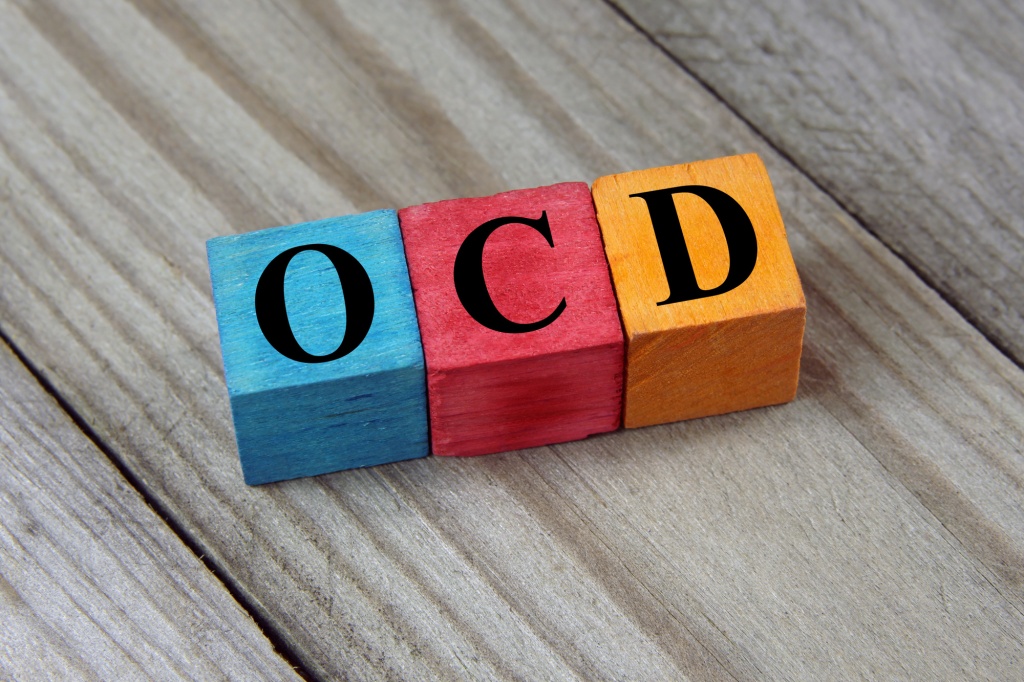
Obsessive-Compulsive Disorder (OCD) is a mental health condition that affects millions of people worldwide. OCD is characterized by the presence of persistent, unwanted thoughts or obsessions, which can lead to repetitive behaviors or compulsions in order to alleviate anxiety or distress. The symptoms of OCD can range from mild to severe, and the condition can have a significant impact on a person’s daily life.
Symptoms of OCD can include intrusive thoughts or mental images that are distressing or unwanted, such as thoughts of violence or harm to oneself or others, a fear of contamination or illness, or a need for symmetry and order. These obsessions can lead to compulsive behaviors, such as excessive cleaning or handwashing, checking and rechecking locks or appliances, or repeatedly counting or arranging objects in a particular way.
The causes of OCD are not fully understood, but it is believed to be related to a combination of genetic, environmental, and neurological factors. Research has shown that people with OCD have differences in the structure and function of certain areas of the brain, particularly those involved in decision-making and anxiety regulation.
Treatment for OCD typically involves a combination of medication and psychotherapy. Selective serotonin reuptake inhibitors (SSRIs), a type of antidepressant, are often used to help reduce symptoms of OCD. Cognitive-behavioral therapy (CBT) is also effective in treating OCD, as it can help individuals learn to manage their obsessions and compulsions by changing their thoughts and behaviors.
Living with OCD can be challenging, but there are steps individuals can take to manage their symptoms and improve their quality of life. It is important for individuals with OCD to seek professional help from a mental health provider who specializes in the treatment of OCD. Additionally, support groups and self-help resources can provide valuable information and tools for managing the condition.
In conclusion, OCD is a complex mental health condition that can significantly impact a person’s daily life. However, with proper treatment and support, individuals with OCD can learn to manage their symptoms and lead fulfilling lives. It is important to raise awareness about OCD and to promote understanding and acceptance of those who struggle with this condition.